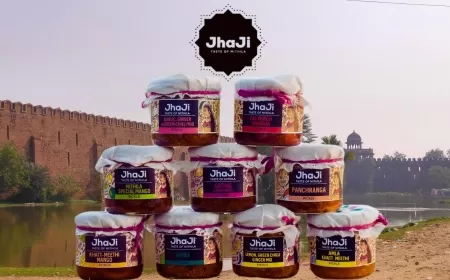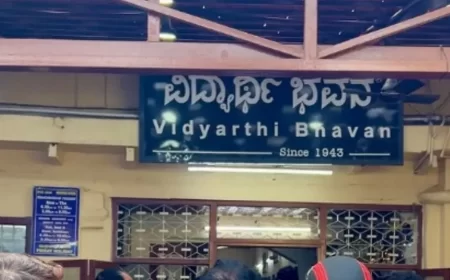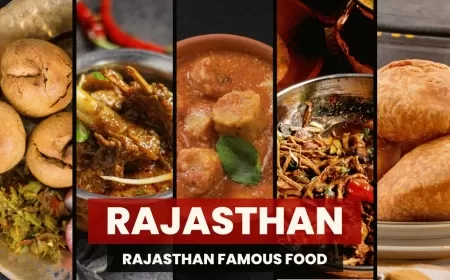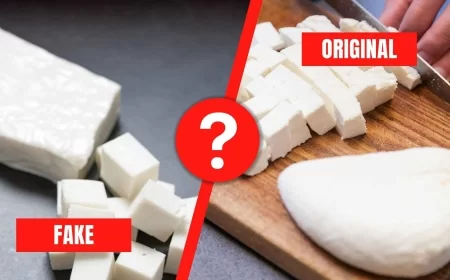Mumbai Doctor Duped of Rs 1.40 Lakh While Ordering Samosas for Picnic
A Mumbai doctor fell victim to a scam while ordering samosas for a picnic, resulting in a loss of Rs 1.40 lakh. Learn about the incident and the cautionary measures to protect against online scams.

In a shocking incident, a 27-year-old doctor from Mumbai's KEM hospital became a victim of a scam after ordering samosas for a picnic. The doctor, who had planned a trip to Karjat with colleagues, decided to order samosas from a popular eatery in Sion. However, what started as a simple food order turned into a financial nightmare, resulting in a loss of Rs 1.40 lakh.
According to police officials, the incident took place on a Saturday morning, between 8.30 am to 10.30 am. The doctor, after locating the eatery's contact number online, called to place the order. The person on the other end of the line asked for an advance payment of Rs 1,500.
Soon after the phone call, the doctor received a WhatsApp message confirming the order and providing bank account details for online payment. Trusting the message, the doctor transferred the requested amount. However, things took a dark turn when the person on the other end asked the doctor to create a transaction ID for the payment.
In an attempt to follow the instructions, the doctor unwittingly fell into the trap. As a result, he lost Rs 28,807 initially, and subsequently, a cumulative amount of Rs 1.40 lakh in the fraudulent transaction. The doctor immediately realized that he had been scammed and decided to report the incident to the authorities.
Upon filing a complaint, a case has been registered at the Bhoiwada police station under relevant sections of the Indian Penal Code and the Information Technology Act. The police are now investigating the matter to track down the culprits behind the scam.
This unfortunate incident serves as a reminder for individuals to exercise caution while engaging in online transactions, particularly when sharing sensitive financial information. It is crucial to verify the authenticity of contact numbers, use trusted platforms, and remain vigilant against potential scams.
What's Your Reaction?
 Like
0
Like
0
 Dislike
0
Dislike
0
 Love
0
Love
0
 Funny
0
Funny
0
 Angry
0
Angry
0
 Sad
0
Sad
0
 Wow
0
Wow
0







































































































